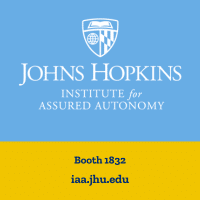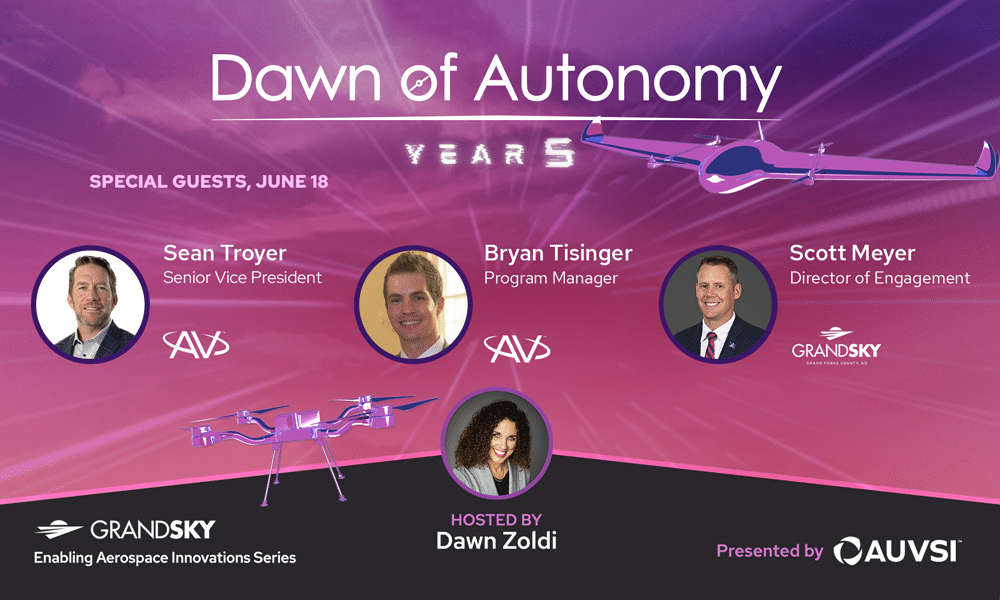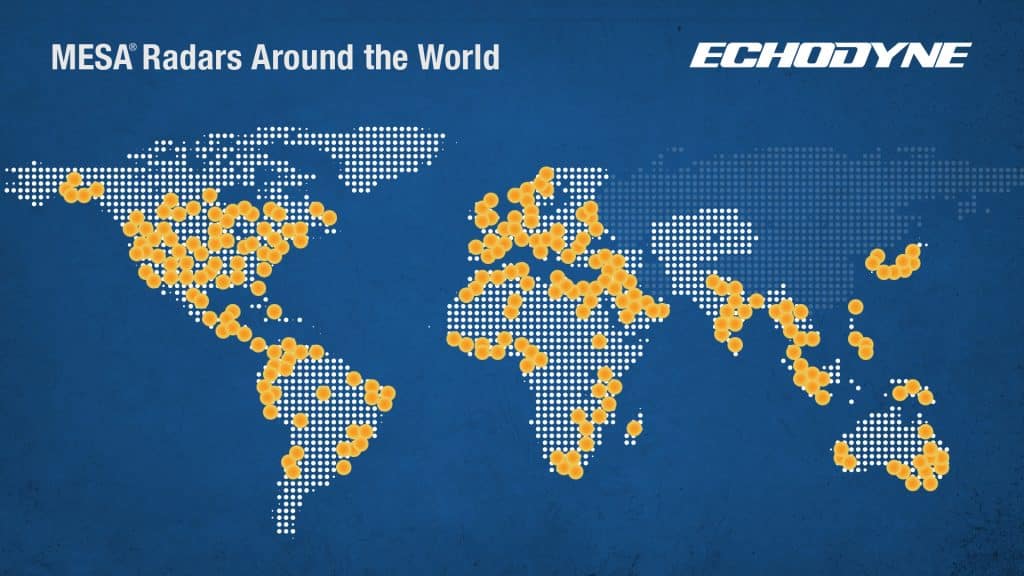Johns Hopkins Institute for Assured Autonomy at XPONENTIAL 2023
May 2, 2023 | AUVSI News

XPONENTIAL 2023 is just one week away, and AUVSI is ready to host leading educational programming that brings together industry leaders, experts, and end users as we draw up a blueprint to fully operationalize and integrate uncrewed systems and autonomy.
Among the top speakers at this year’s event are experts from the Johns Hopkins Institute for Assured Autonomy (IAA), which works to ensure that autonomous systems are safe, secure, and trustworthy as they increasingly become part of our everyday lives.
A national center of excellence dedicated to ensuring the safe, secure, reliable, and predictable integration of autonomous systems into society, IAA experts focus on three research pillars: technology, ecosystem, and ethics and governance. Its goal is to ensure that autonomous systems operate as expected, respond safely to unexpected inputs, withstand corruption by adversaries, and integrate seamlessly into society. IAA is run jointly by the Johns Hopkins Applied Physics Laboratory (APL) and the Johns Hopkins Whiting School of Engineering.
AUVSI connected with IAA co-director Cara LaPointe, a futurist who focuses on the intersection of technology, policy, ethics, and leadership, to learn more about the expert insights that IAA speakers will share at XPONENTIAL 2023.
Pillars of Assured Autonomy
During her keynote remarks at XPONENTIAL 2021, LaPointe discussed the qualities that comprise true assured autonomy:
-
The system must be safe, reliable, secure, and resilient. Companies designing new technologies must prioritize safety and reliability to ensure these technologies are useful in a variety of modern settings. Before product launch, companies must also ensure the technology is secure and resilient against external threats that could put users at risk.
-
The uncrewed ecosystem must be seamlessly integrated across networks and domains. Realizing the full potential of uncrewed systems depends on their successful integration into everyday life.
-
Public policy must support autonomous systems that are ethical and beneficial to society. Policymakers can prepare for assured autonomy by implementing guardrails against unintended consequences that could result from integration of emerging technologies. Stakeholders must be involved in an inclusive process that incorporates viewpoints across various technological and use cases expertise.
Reflecting on the current autonomy ecosystem, LaPointe says: “All three of these pillars are fundamental, and enduring, when looking at assured autonomy from a multidisciplinary and strategic focus… Assurance is a fundamental part of the design and implementation process for uncrewed systems.” LaPointe says that in recent years, she has seen an increased awareness within the uncrewed systems community about the need to focus on assurance and how ecosystems are evolving.
Collaboration is Key
LaPointe is looking forward to identifying opportunities for collaboration at XPONENTIAL 2023. “It’s important for our community to figure out how to increase collaboration and find ways companies can support assurance challenges,” she says.
She cautions that it will be difficult to update regulatory frameworks without companies collaborating on data and research for ensuring system safety. “IAA is unique in that our whole purpose is to bring together folks from different backgrounds looking at different sides of these issues. Ultimately, we know that just as the pillars can’t be accomplished in isolation, no one institution can solve all the challenges of assured autonomy alone – which is why IAA strives to be a connector across sectors and disciplines.”
Maritime Workshops at XPONENTIAL 2023
Autonomous systems are growing more complex and more integrated into daily life, including our seas and other waterways. Although these systems have the potential to significantly benefit maritime operations, their integration and use pose a multitude of challenges that must be addressed to unleash their full potential.
LaPointe says that assured maritime autonomous future has two key considerations:
-
Technologies must be compliant with the Convention on the International Regulations for Preventing Collisions at Sea (COLREGS)
-
Governance must be appropriate for and inclusive of autonomous systems – a process happening now.
On May 8, IAA will host a workshop on maritime autonomy, specifically focusing on the multidisciplinary challenges and opportunities for assured autonomous surface vessel operations in compliance with COLREGS. This challenge is two-fold: ensuring that COLREGS language is inclusive of autonomy and that autonomous technologies are COLREGS complaint. The workshop will explore the complex and interdisciplinary challenges and opportunities and create a shared vision of how to achieve assured, COLREGS-compliant autonomous operations at scale.
On May 9, LaPointe will share key takeaways from the workshop during a session at the co-located AUVSI Defense, where she will be joined by Dorothy Engelhardt, Director for Unmanned Systems within Assistant Secretary Navy Research, Development and Acquisition, and Domenic Carlucci, Vice President at ABS. The AUVSI Defense program will bring together senior Department of Defense officials, program managers at federal security agencies and industry experts to set the course for how advanced technologies can support critical missions and shifting global threats.
Learn more about COLREGS and Assured Autonomy: Visit the IAA at booth #1832 at XPONENTIAL 2023.
- Industry News


